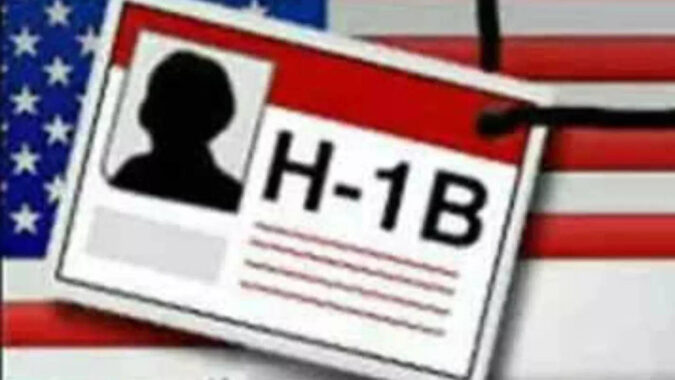It is estimated that nearly a lakh Indian spouses (largely women) hold an EAD, which enables them to work or be self-employed. Official statistics date back to December 2017, according to which 84,360 Indian spouses held an EAD (this was 93% of the total EADs issued).
This rule, was introduced by the Obama administration in 2015 to mitigate the problems faced by certain sections of immigrants (such as the Indian diaspora) who faced backlogs running into several decades to obtain employment based green card. Under the EAD rule, in those cases where the H-1B visa recipient is on track for a green card, or has got an extension beyond the permitted six years, the spouse holding an H-4 visa can apply for employment authorisation.
The order issued by Judge Tanjya Chutkan, of the district court of Columbia is also regarded as a win for the US tech sector. Nearly forty companies and associations had joined hands in May 2021, and filed amicus brief, to support the right of spouses of H-1B visa holders to work. These included the US Chamber of Commerce and corporate giants such as Accenture, Amazon, Cisco, IBM, Google, SAP, to name a few.
Immigration Voice, one of the intervenors in the case has tweeted, ” … the courts have now recognised that H4-EADs are legal and cannot be take away from our members.”
Unfortunately for some families, this win amounts to naught. Reeling under the onslaught of layoffs, many H-1B visa holders had to give up their status, rendering the H-4 visa (which is a dependent visa) invalid. A software professional, from Hyderabad, who was laid off by a tech giant told TOI that he hasn’t yet been able to find a job and the 60-day grace period clock is ticking. Even, if he transits to a visitor visa to gain time to find employment, his wife’s H-4 visa and consequently the EAD will be rendered void.
The lawsuit challenging the EAD rule, was filed way back in 2015 by an advocacy group of tech workers (Save Jobs USA), who lost their jobs to H-1B visa holders. TOI has been closely following the court developments –which included a remand of the matter by the by the US Court of Appeals back to a district court.
Save Jobs USA had claimed that the Department of Homeland Security wasn’t legally permitted to put the rule in place. Further, it contended that the right given to spouses to work, took away American jobs and also made the H-1B program more attractive.
In November 2011, the US Court of Appeals concurred with the views of Save Jobs USA. However the appellate court did not rescind the EAD rule, but remanded the matter to a lower court to decide the case on merits. TOI had reported on this development.
The order has now been issued by the lower district court, upholding the EAD rule.
